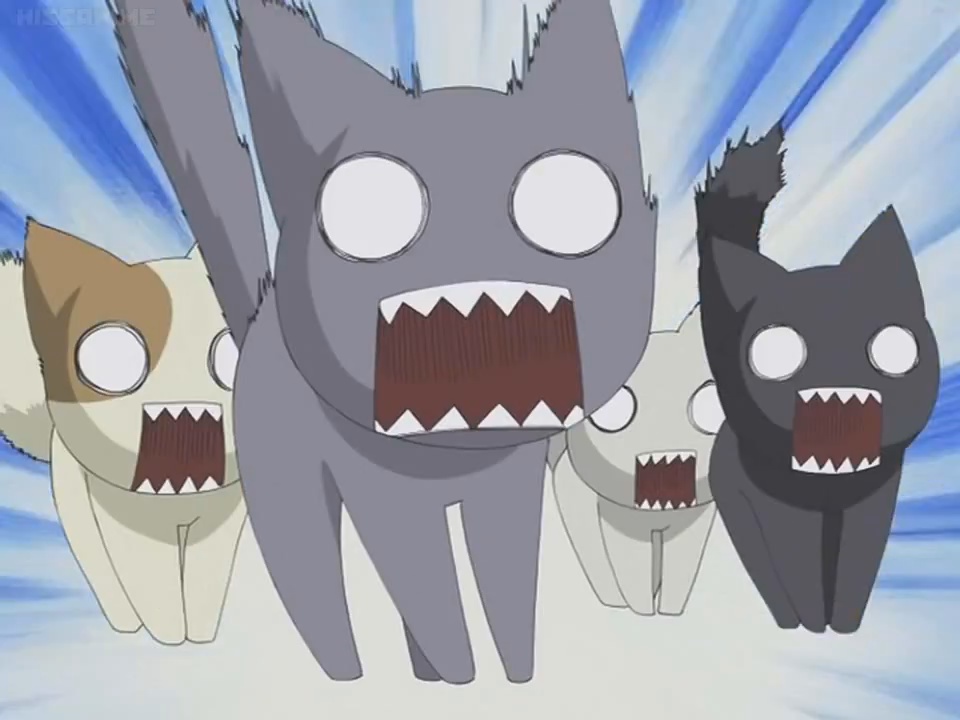

A cat meowing or yowling at night is its way of telling you it is stressed. Our cat, for example, behaves differently if we feed it later than usual or are away from home for too long. Changes in routine – Cats are big on routine, and even the slightest change in theirs can stress them out.A new environment could leave your pet feeling disoriented and confused, and stressed out. Moving house – your cat might become more vocal when you move house.Some of the more common stressors include: As you know, cats are prone to stress, and it doesn’t take a lot to throw them off-kilter. Stressed out cats are more prone to making weird noises at night. It is worth mentioning that although it is an age-related illness, cats under 10 years of age can also be affected by this cognitive disorder. Confusion, disorientation, sudden changes in sleep patterns and nighttime yowling are just a few signs your senior cat might be suffering from dementia or CDS. The disease is not always easy to diagnose because some of the symptoms can often be put down to ‘cats just being cats’. 3.Cognitive Dysfunction SyndromeĬognitive Dysfunction Syndrome or CDS is common in older cats and affects their cognitive abilities.

Spaying will also prevent unwanted pregnancies and reduce the risks of your cat getting certain types of cancers and Pyometra. It’s a good idea to have your cat spayed as early as possible to stop this nighttime activity. If your indoor female cat suddenly starts meowing at night, it could be that she’s in heat and is desperate to find a mate. In other words, your cat is simply doing what comes naturally. It’s how feral cats have survived for millions of years. In the wild, cats’ prey, including snakes, rats, mice and other small animals are usually up and about this time, making them easier to hunt. You see, cats are programmed to be more active at night. 1.Cats are nocturnalĬats are crepuscular, which means they’re especially active between dusk and dawn. So, why is it that cats are rambunctious at night? Let’s take a look at the possible reasons. But it’s at night that they’re particularly loud, with very little regard for interrupting your beauty sleep.

They’ll purr and meow when they’re content, chirp when excited and hiss when they’re angry. Have you ever been woken up in the middle of the night by a terrifying yowl? We certainly have, which is why we decided to find out more about the way cats communicate, and what the various noises mean.Īs we mentioned before, cats can be quite chatty during the day. And don’t miss the must-see videos, especially the one with the little kitten bleating like a goat! 5 Reasons Why Cats Make Weird Noises at Night Carry on reading to find out what your cat is trying to tell when it chirps, purr, chatters and hisses.


 0 kommentar(er)
0 kommentar(er)
